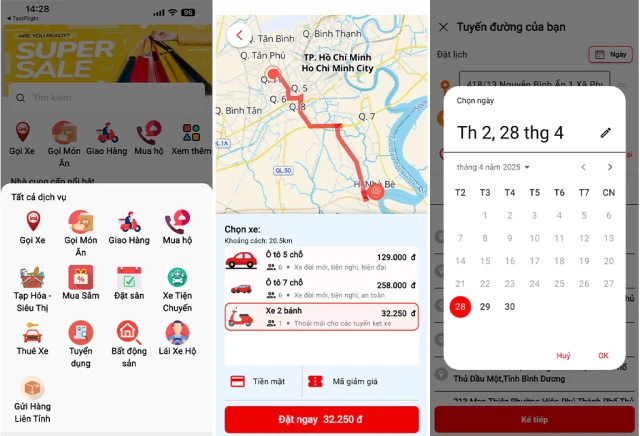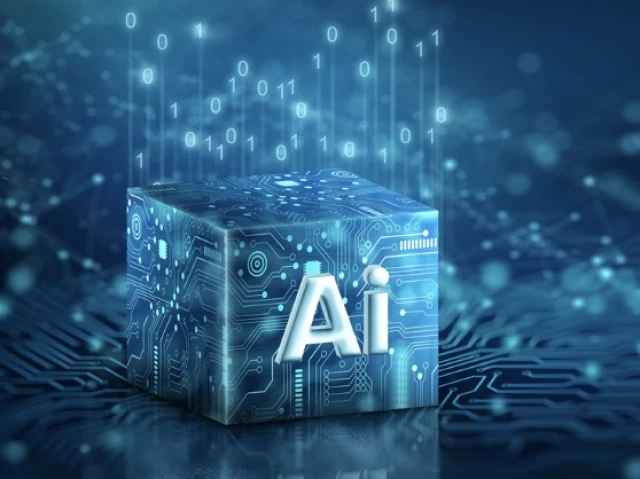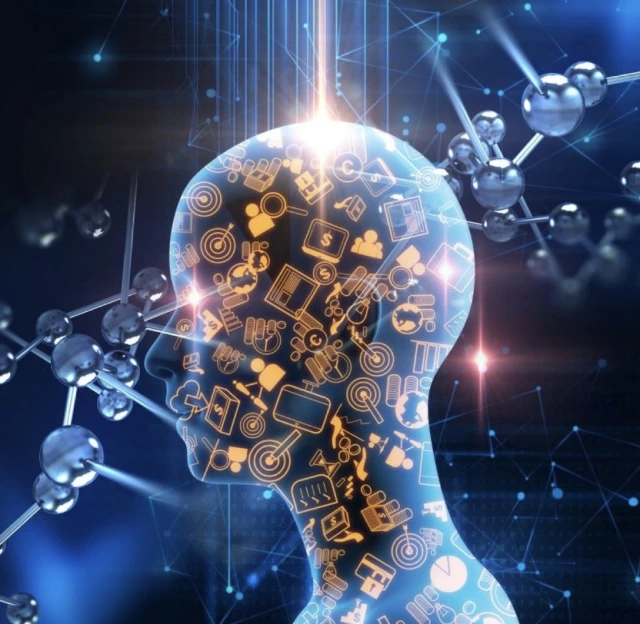
In recent years, Artificial Intelligence (AI) has become a transformative force in the field of Information Technology (IT). From automation to cybersecurity, AI is revolutionizing how systems are developed, managed, and optimized.
1. Automation and Efficiency
AI has enabled IT systems to become more efficient through intelligent automation. Tasks such as data backup, software updates, system monitoring, and customer support can now be handled by AI-driven tools. This not only reduces the workload for IT professionals but also minimizes human error.
2. Predictive Analytics
With the power of machine learning, AI can analyze vast amounts of data and provide predictive insights. IT departments use this capability to foresee system failures, predict hardware performance, and manage network traffic. Predictive analytics helps in proactive decision-making and resource allocation.
3. Enhanced Cybersecurity
Cyber threats are growing in complexity, and AI offers advanced solutions to detect and prevent attacks. AI systems can identify patterns of suspicious behavior, detect anomalies, and respond to threats in real-time. Tools like AI-based firewalls and intrusion detection systems have become essential in modern IT infrastructure.
4. Intelligent Virtual Assistants
AI-powered virtual assistants such as chatbots and voice assistants are increasingly used in IT service desks. They can answer user queries, reset passwords, and guide users through troubleshooting steps—improving response time and user satisfaction.
5. AI in Software Development
Developers now use AI to write code, detect bugs, and test applications. Platforms like GitHub Copilot and other AI-based coding assistants improve development speed and software reliability.
Conclusion
AI is no longer just a trend—it is a critical part of modern IT systems. As AI technologies continue to evolve, we can expect even greater integration into IT operations, enhancing productivity, security, and innovation across the industry.











